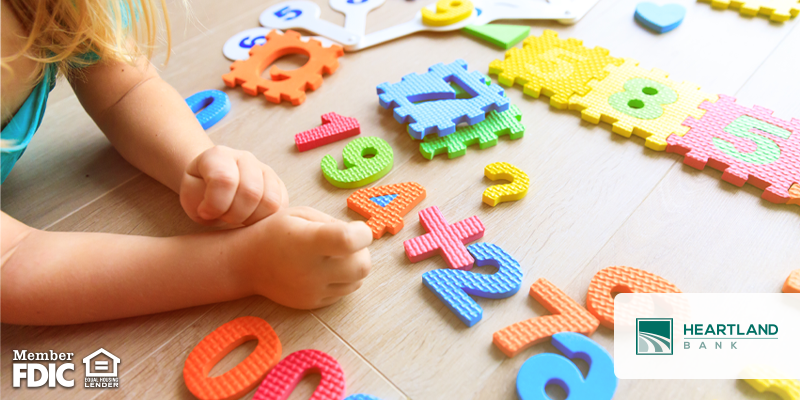
1. The Importance of Saving
The easiest way to encourage your kids to save money is by getting them a piggy bank. Go to the store and let them pick out a piggy bank they love, and they’ll soon find that keeping their money is enjoyable. Encouraging them to put their earnings in their piggy bank will teach them the importance of saving money early on.
2. How to Make Money
Implementing chores as a regular thing is a great way to teach them about earning their money. Start simple and give them a small allowance when they help out with some household tasks. Giving your kids an allowance without having them work for it is giving them the wrong idea about money. Chores are a perfect way to get your housework done quicker, and you’re teaching your kids a valuable lesson while you’re at it!
3. The Danger of Impulse Buying
Kids tend to be very impulsive and often have a hard time thinking through their decisions before making them. Teach them about the danger of impulse buying by not giving them everything they ask for right away. For example, if they see a toy in the store that they’re interested in and immediately ask for, don’t give in. Start saying “no” and explaining why it’s not a smart purchase. Kids learn by observing, so make sure you’re controlling your own impulse buying so they are observing good spending habits.
4. How to Budget
If your middle school or high school child has a part-time job, odds are they don’t have a whole lot to provide for quite yet. Teach them the importance of budgeting while they’re still living under your roof so when they move out, they’ll already know how. There are lots of helpful budgeting apps or plans online to get them started on.
5. Giving Back
Giving back is an important part of being an active community member, and also teaches kids other great qualities like being selfless and considerate. Let them choose a charity, organization or church they are interested in and teach them the importance of giving.
If we all do our part to teach our children about money, we’ll be bettering the next generation. Open a savings account for your child with us!



